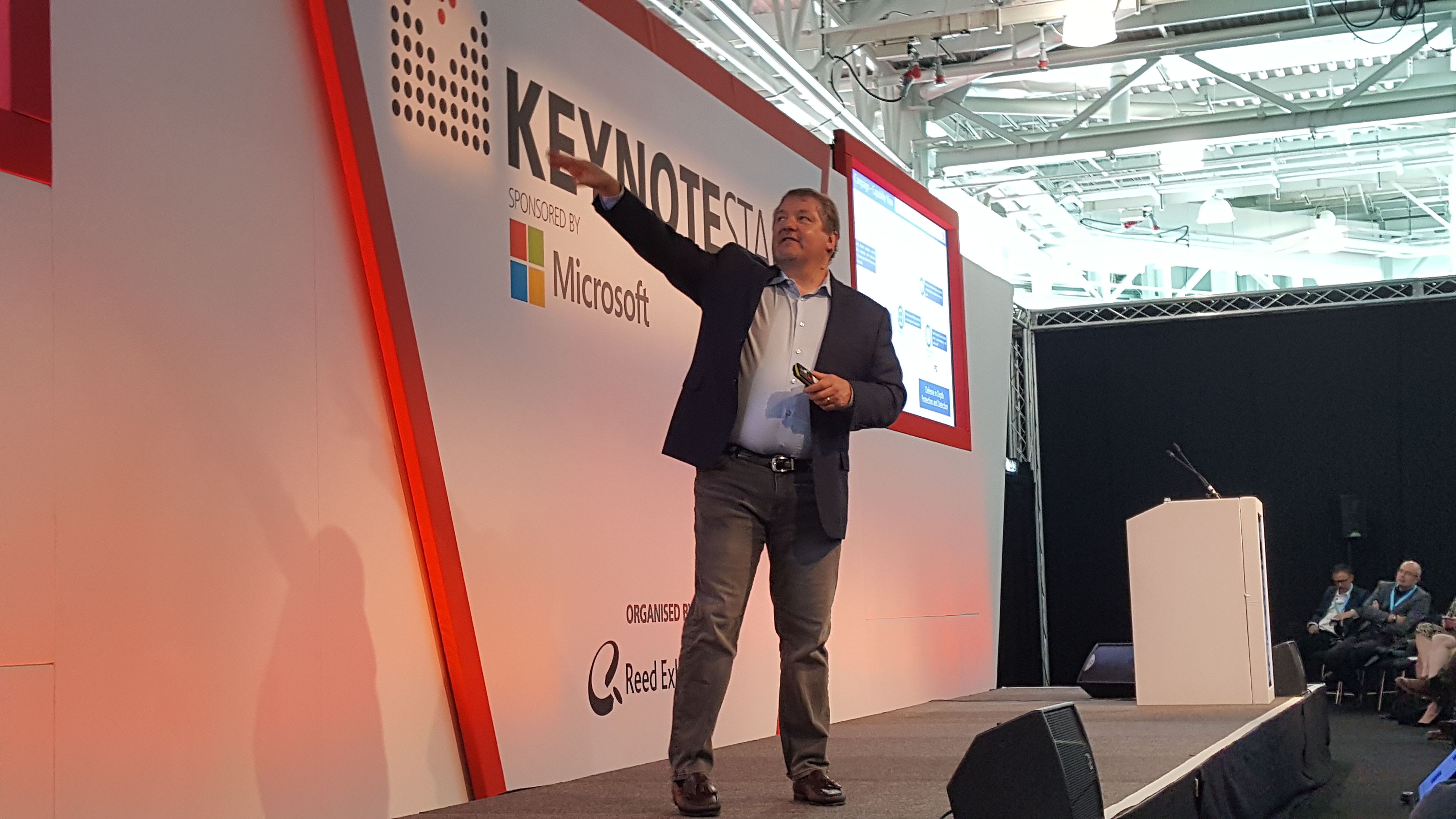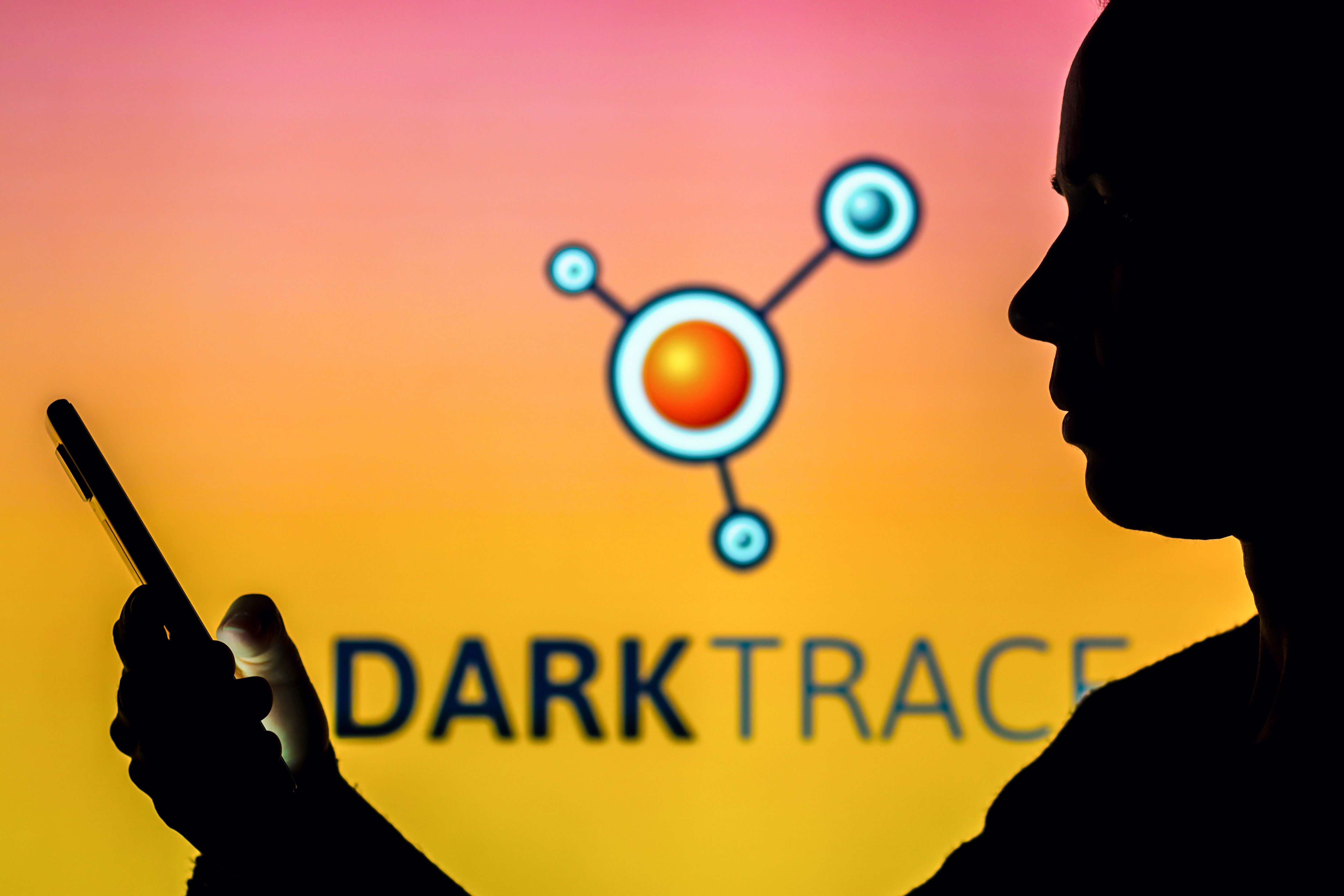Microsoft CISO argues against "digital xenophobia"
Bret Arsenault hits out at geographic data compliance differences


Microsoft's CISO Bret Arsenault decried "digital xenophobia" this week, criticising the breadth and variety of regulations and compliance measures around handling data among different countries.
Speaking at Infosecurity Europe 2017, he said:"I worry more about the digital xenophobia we see where all data needs to live within a government boundary. I worry we may go too far with it.I monitor about 350 regulations worldwide and it's the pending future ones which are the hardest to see ... Creating separate rules in every country is not economically viable."
Microsoft has already promised to write GDPRcompliance into its cloud contracts, to help customers meet the European Union's incoming stricter data protection rules governing how organisations can use and store EU citizens' data, which will homogenise data protection rules throughout the EU when it appliesin 2018.
The tougher lawaims to bring data protection legislation into line with new, previously unforeseen ways that data is now used. This will replace the UK's current Data Protection Act 1998, which was enacted following the 1995 EU Data Protection Directive. The new legislation introduces tougher fines for noncompliance and breaches, and gives people more say over what companies can do with their data.
However, the UK will leave the EU after voting for Brexit, meaning it will likely have to draw up its own data protection laws - even if similar, companies will have to deal with any differentiations between the two. Meanwhile, data location has become an issue of growing relevance to companies looking to store their data in different geographies in light of Edward Snowden's revelations about the extent of US spy hacking.
Among others, Microsoft itself opened up UK data centres last September to tout its services to public sector bodies and less cloud-friendly industries like finance. Collaboration firm Box used its alliance with IBM to allow customers to choose to store their data in different countries, allowing those wanting stricter protections to store it in Germany.
Arsenault added:"The one dream I have is that we get rid of passwords." He hopes instead that users can place their trust in devices themselves via growing use of biometrics as a measure to replace traditional credentials, despitea study revealing thatmost Brits distrust biometric security.
Get the ITPro daily newsletter
Sign up today and you will receive a free copy of our Future Focus 2025 report - the leading guidance on AI, cybersecurity and other IT challenges as per 700+ senior executives
Zach Marzouk is a former ITPro, CloudPro, and ChannelPro staff writer, covering topics like security, privacy, worker rights, and startups, primarily in the Asia Pacific and the US regions. Zach joined ITPro in 2017 where he was introduced to the world of B2B technology as a junior staff writer, before he returned to Argentina in 2018, working in communications and as a copywriter. In 2021, he made his way back to ITPro as a staff writer during the pandemic, before joining the world of freelance in 2022.
-
 Businesses are taking their eye off the ball with vulnerability patching
Businesses are taking their eye off the ball with vulnerability patchingNews Security leaders are overconfident in their organization’s security posture while allowing vulnerability patching to fall by the wayside.
By Jane McCallion Published
-
 Global cybersecurity spending is set to rise 12% in 2025 – here are the industries ramping up investment
Global cybersecurity spending is set to rise 12% in 2025 – here are the industries ramping up investmentNews Global cybersecurity spending is expected to surge this year, fueled by escalating state-sponsored threats and the rise of generative AI, according to new analysis from IDC.
By Ross Kelly Published
-
 Darktrace snaps up former Cohesity executive to lead channel efforts
Darktrace snaps up former Cohesity executive to lead channel effortsNews Dan Monahan will oversee the cyber security AI specialist’s channel sales, technology alliances, and strategic relationships
By Daniel Todd Published
-
 Google adds stronger safeguards for Workspace accounts
Google adds stronger safeguards for Workspace accountsNews An automatic safety features notify users of risky account actions
By Praharsha Anand Published
-
 Why agility is vital for security professionals
Why agility is vital for security professionalsNews DWP, Network Rail and more on how to build a security team
By Zach Marzouk Published
-
 InfoSec 2011: The big themes
InfoSec 2011: The big themesNews We look at the major talking points of this year's InfoSecurity conference.
By Tom Brewster Published
-
 Infosec 08: Officials held responsible for data security
Infosec 08: Officials held responsible for data securityNews Senior members of government are set to be held responsible for data breaches, according to the Information Commisssioner.
By Ash Dosanjh Published